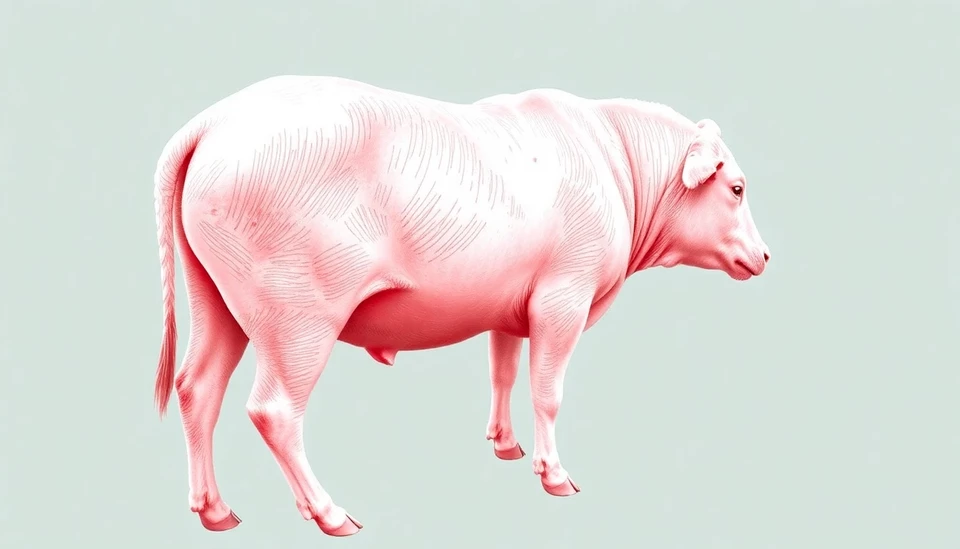
China's appetite for beef has reached unprecedented heights, with the nation importing a staggering volume of beef over recent months. This surge, however, has raised alarms concerning the possibility of the Chinese government imposing trade restrictions that could affect global markets. As the world's largest beef importer, China's buying patterns significantly influence agricultural trade dynamics, and any potential curbs could send shockwaves through the industry.
Recent reports indicate that China's beef imports surged to a new record, prompting speculation regarding the sustainability of such high levels of procurement. The spike has not only led to heightened demand for beef but has also raised concerns regarding food safety, quality, and trade practices. Experts suggest that the rapid increase in imports might lead the Chinese authorities to consider implementing protectively trade measures to safeguard domestic producers and stabilize the market.
Figures released by trade analysts suggest a doubling in imports compared to previous years, with large quantities coming from countries such as Brazil and Argentina. The surge is largely attributed to consumer preferences for quality meat following widespread food safety scandals in China and an increasing trend toward beef consumption, prompted by a growing middle class willing to spend more on premium products.
However, such dependency on foreign beef sources has triggered a hotline of apprehension among policymakers in Beijing. On one hand, the influx of imported beef supports the local market and provides options for consumers; on the other hand, it could pose a threat to domestic cattle farmers already struggling with competition and fluctuating prices.
China's government has maintained a delicate balance between supporting domestic agriculture and meeting international trade obligations. Industry insiders believe that should the trade imbalance grow too large or domestic prices begin to plummet, Chinese regulators may implement tighter controls on beef imports to ensure local farmers' viability. This could include imposing tariffs, quotas, or even outright bans on certain imported beef products.
Moreover, with major international players eyeing the Chinese market as a lucrative opportunity, any sudden shifts in China's trade policy could ripple across global beef supply chains. Producers and exporters in the U.S. and other major beef-exporting countries are closely monitoring the situation, as they stand to be significantly impacted by any changes in China's import policies.
As negotiations continue and the thresholds for import levels are assessed, all stakeholders are urged to consider the implications of temporary setbacks in trade dynamics. Industry experts predict that navigating this complex web of supply and demand, along with consumer preferences, will take center stage in shaping future beef trade decisions.
In conclusion, while the current landscape appears favorable for beef exports to China, ongoing vigilance is necessary. Importers and farmers alike need to remain alert to the shifting tides of Chinese trade policy as they could dictate the future profitability and stability of the global beef market.
#BeefTrade #ChinaImports #GlobalTrade #AgricultureNews #FoodSafety #CattleMarket #TradePolicy #ConsumerTrends
Author: John Harris




